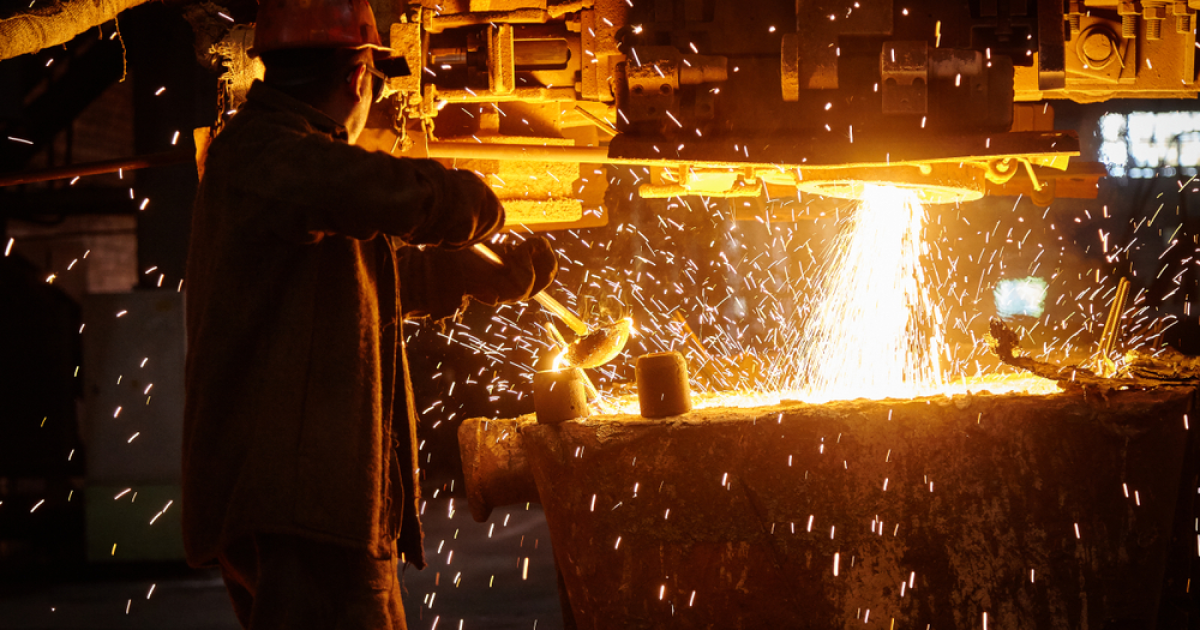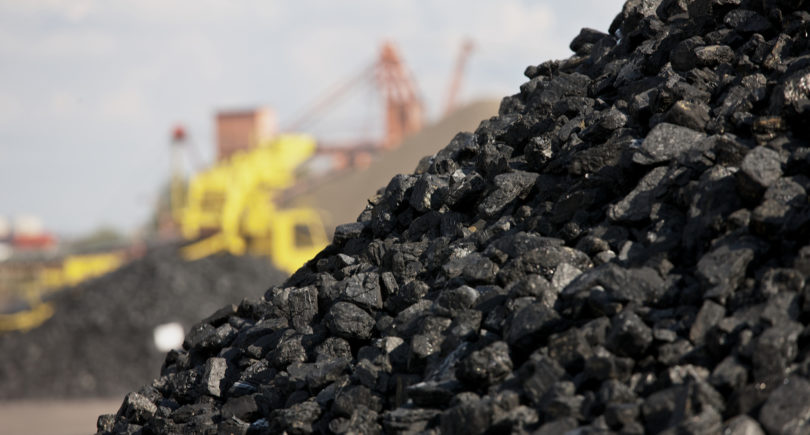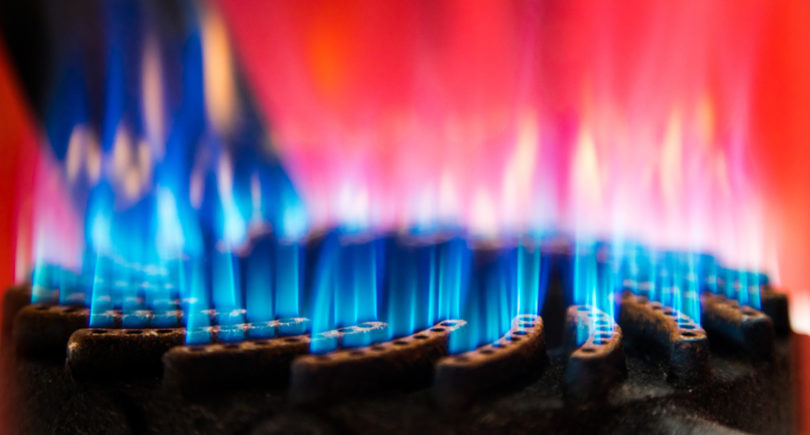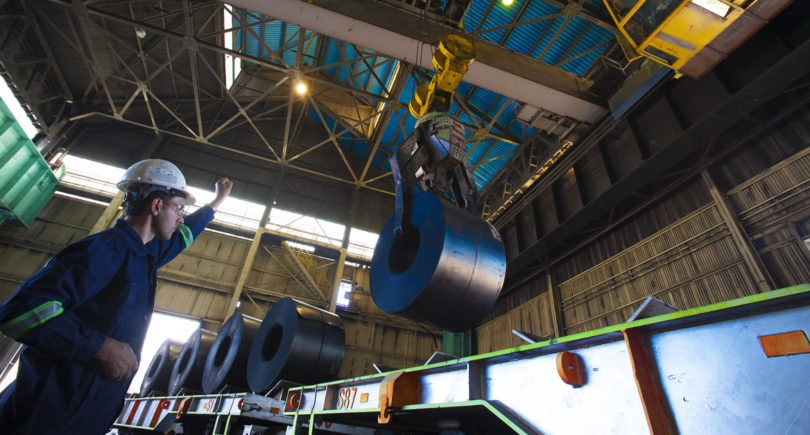
News Global Market US 3074 12 March 2024
The reasons are tariff barriers and a potential cross-border carbon tax
Asian steelmakers are considering investing in the US due to US tariff barriers and a potential cross-border carbon tax. This is reported by Recycling Today with reference to Korea Economic Daily.
Hyundai Steel, the second largest steelmaker in South Korea, is among the companies considering the acquisition of steelmaking facilities in the United States. It has turned its green steel working group into a permanent unit. The main task of the latter, according to the publication, is to study the disadvantages and advantages of building an electric arc furnace (EAF) in the United States.
At the end of last year, Japan’s Nippon Steel Corp. announced its intention to acquire US Steel Corp. The American company not only operates blast furnaces/converter furnaces but also owns EAF facilities at the Big River Steel complex in Arkansas that use scrap.
Hyundai, Nippon Steel, and other foreign producers have seen some of the tariffs imposed by the Trump administration remain in place under Biden’s presidency. Now they also face the prospect of Donald Trump being re-elected and imposing additional tariffs. The latter may focus more attention on protective measures against China, but this country currently supplies little steel to the United States, unless it does so indirectly.
A second Biden term also does not necessarily mean good news for Asian steel exports, as his administration has been focused on implementing a CBAM equivalent or similar measures.
As GMK Center reported earlier, the American Iron and Steel Institute has called on Congress to take steps to update US trade remedy legislation. According to steelmakers, it is not keeping pace with the efforts of China and other countries to circumvent import duties.
Also, last December, groups representing US steelmakers called for the adoption of legislation in 2024 aimed at supporting domestic demand and limiting imports of carbon-intensive steel from countries such as China. The industry supports the introduction of a cross-border carbon tax in the United States. However, steelmakers do not approve of the introduction of a levy on domestic production.




